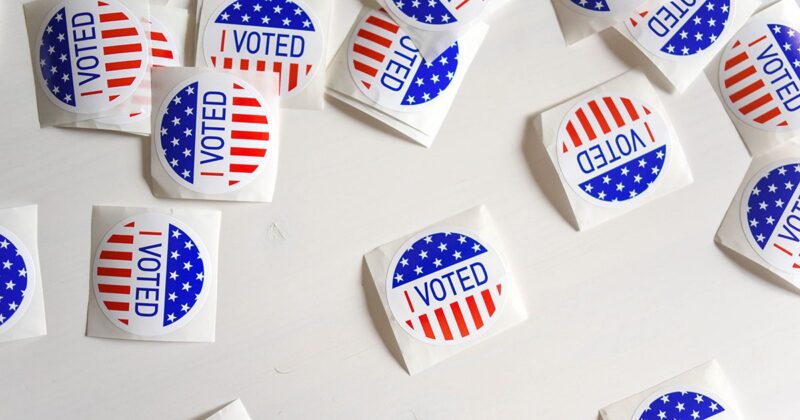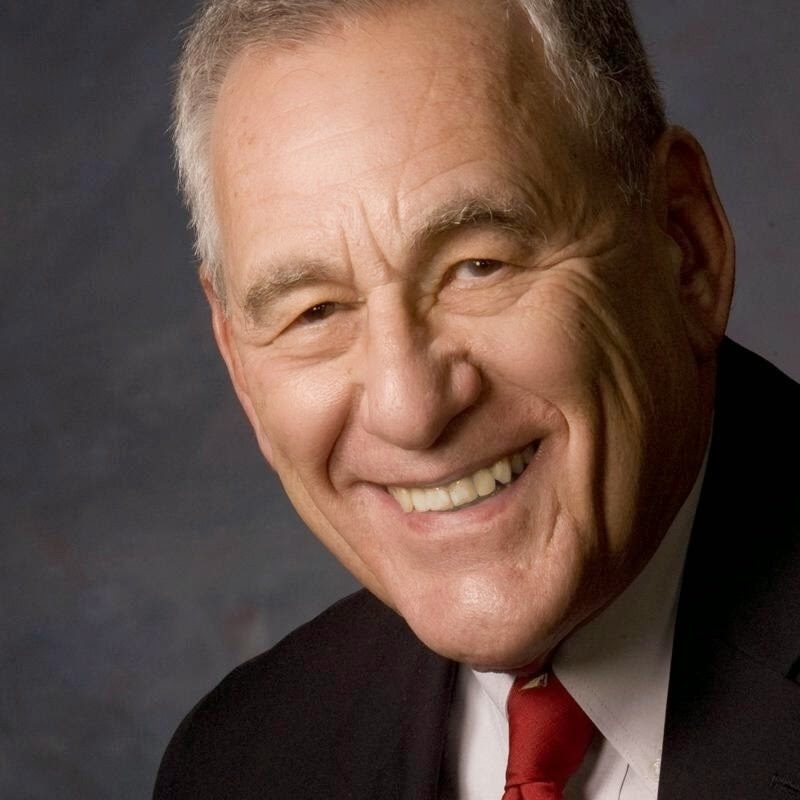Should we make voting as easy as possible so that more people will vote?
If we make voting easier, will many ineligible people vote?
When Maine votes on Nov. 8 on Question 1 — deciding whether to overturn the Legislature’s plan to end voter registration on future election days — it will answer these two questions.
In recent decades, Maine has allowed people to register to vote on Election Day, eliminating the need to register separately and in advance. It is one of 10 states that have so-called “same-day” registration, which will still be in effect on Nov. 8.
The theory is that voting is made easier by eliminating the need for advance registration, so more people will vote. Although many factors affect turnout, in the 2010 elections, average turnout in the “same-day” states was 48.3 percent, compared with 40.9 percent in the United States as a whole.
Encouraging voting is American public policy. For example, the federal “motor-voter” law allows registration when renewing a driver’s license.
While we know much about participation, we have few statistics on illegal voting, almost certainly because voter fraud is rare in all states. For example, an Ohio study of two elections there in which a total of more than nine million votes were cast, found four cases of voter fraud. Polling data shows that a relatively few people are seriously worried about fraud.
Isolated cases of voting by ineligible voters have been found, but they amount to a tiny fraction of one percent of votes cast. A few illegal voters, some for innocent reasons, are not evidence of an attempt by a political organization to influence the outcome of an election.
North Dakota, counted among the “same-day” states, is the only state that does not require voter registration at all. People simply show identification or are recognized as local residents when they come to vote. The state says that, by keeping voting precincts small, officials are usually able to recognize their neighbors. Voter fraud has not been found, and voting participation is higher than average.
Maine is similar to North Dakota with many polling places relative to population, making it easier for election officials to spot potential fraud.
Aside from North Dakota’s rejection of voter registration, same-day registration might seem to be the most aggressive way to encourage participation by simplifying the process. But it is not.
Some countries require people to vote. In such cases, they use so-called “passive registration,” where the voter does nothing in advance of voting. The government compiles the list of eligible voters based on other data – residential information, tax returns and driver’s licenses. Under this mandatory system, Australia has around 95 percent participation. The voting law is enforced, and violators are subject to fine.
The “passive” system also works where voting is not required by law, such as in Canada. There, if the government has not placed a person on the voting rolls, the person may still register on their own. In this year’s elections, the turnout in Canada was 61.4 percent, well ahead of even the “same-day” states.
It is unlikely that the United States would adopt either mandatory voting or passive registration. Both would probably be seen as putting government into a decision that ought to be up to each voter. That’s why efforts are made to encourage people to vote here by, among other means, making it easy to register.
The Question 1 referendum in Maine is not only a matter of balancing two valid public policy concerns – encouraging voting and discouraging fraud. It is also a politically partisan issue.
Proponents of ending Election Day or “same-day” registration (“no” voters on Question 1) say that allowing people to register while officials are busy with balloting may allow unqualified voters to slip through and commit voter fraud. This is the Republican position.
Opponents, who want to keep the current “same-day” system (“yes” voters on Question 1) say that those who register on Election Day include young and other first-time voters, and low-income people – considered traditional Democratic constituencies. Not surprisingly, this is the Democratic position.
This debate has been taking place all across the country. In almost all cases, the initiative for imposing tougher conditions on voting has come from Republican legislatures. Although they have not presented specific cases of fraud, they appear to fear that easier voting access disadvantages the G.O.P.
With only a single proven case of a person voting twice, Maine, with “same-day” registration, tied for first in the country in voter participation in 2010 at 55.5 percent.
As for partisan politics, both Maine and North Dakota went Republican that year.
Editor’s Note: This story has been revised to correct the history of voter problems in Maine.




